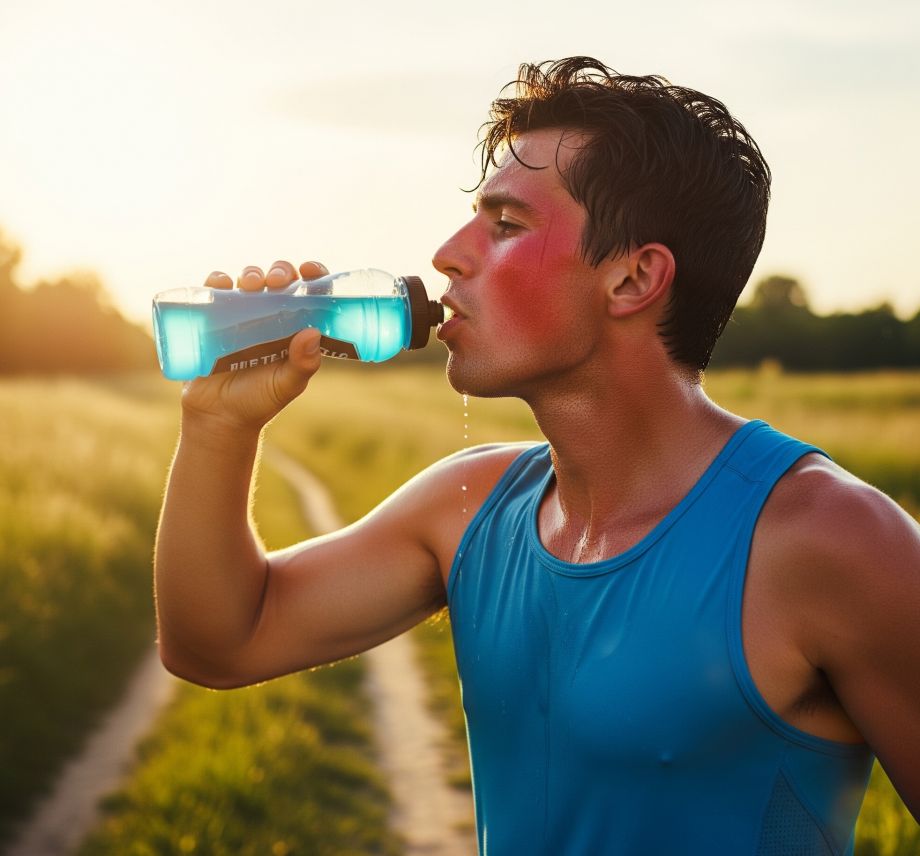Don’t Let Dehydration Derail Your Summer Running Goals: Hydration is Key!

Summer in Tampa, Florida, means sunshine, long days, and for many of us, continued dedication to our running goals. Whether you’re targeting a fall marathon, a speedy half-marathon, or aiming for a new personal best in a 10K or 5K, the heat and humidity demand extra attention to one crucial element: hydration. As your run coach, I can’t stress enough how vital proper fluid intake is, especially when training in the height of summer heat.
It’s easy to underestimate how quickly you can become dehydrated when the temperatures soar. Even a small drop in your body’s fluid levels can significantly impact your performance, leading to increased perceived effort, premature fatigue, muscle cramps, and in severe cases, heat-related illnesses. For runners pushing their limits, particularly those following a customized training plan designed to get them race-ready, maintaining optimal hydration is non-negotiable.
Why is Hydration So Critical in the Heat?
When you run, your body generates heat. To cool itself down, it sweats. In hot and humid conditions, this sweating mechanism works overtime. If you’re not replacing the fluids and electrolytes lost through sweat, your blood volume decreases, making it harder for your heart to pump blood to your working muscles and deliver oxygen. This directly impacts your ability to sustain effort and can lead to a significant drop in pace and overall performance.
Signs You Might Be Dehydrated:
- Increased thirst
- Dry mouth
- Fatigue or lethargy
- Dark urine
- Headache
- Dizziness
- Muscle cramps
If you experience any of these symptoms, it’s a clear signal to rehydrate immediately and potentially adjust your training plan for the day.
Practical Hydration Strategies for Summer Training:
- Pre-Hydrate: Don’t wait until you’re thirsty to start drinking. Begin hydrating several hours before your run. Aim for 16-20 ounces of water or an electrolyte drink in the 2-3 hours leading up to your workout.
- Hydrate During Your Run: For runs longer than 30-45 minutes, especially in the heat, it’s crucial to consume fluids during your workout. Carry a water bottle, plan routes with water stops, or consider a hydration vest. Sports drinks can be beneficial for longer runs (e.g., marathon or half-marathon training) as they replace electrolytes lost through sweat.
- Post-Run Rehydration: This is just as important as pre- and during-run hydration. Continue to drink fluids, preferably water and electrolyte-rich beverages, for several hours after your run to replenish what you’ve lost.
- Monitor Your Urine Color: This is a simple and effective way to gauge your hydration status. Aim for pale yellow urine. Darker urine indicates you need to drink more.
- Adjust Your Training Times: Whenever possible, schedule your runs for the cooler parts of the day – early mornings or late evenings.
- Listen to Your Body: If a planned workout feels too intense in the heat, don’t be afraid to shorten it, slow down, or move it to a different day. A customized training plan allows for flexibility based on environmental conditions and how your body is responding.
As your dedicated run coach, I’m here to help you navigate the challenges of summer training. Incorporating smart hydration strategies into your routine is not just about avoiding discomfort; it’s about optimizing your performance, ensuring your safety, and ultimately, reaching your marathon, half marathon, 10k, or 5k goals strong and healthy. Stay cool, stay hydrated, and keep those miles coming!
Interested in running with Run Adaptive? Start Here!








